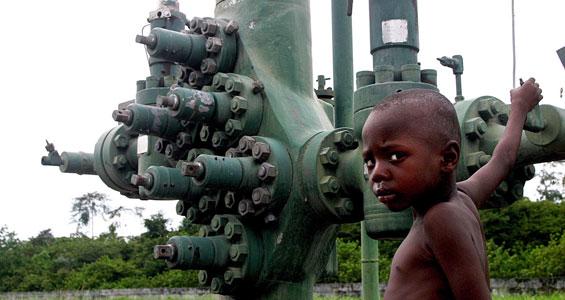
M&A $140 B

It takes years of struggle to become an overnight success. The European M&A business is no exception to that rule. Deals worth about $140bn have been proposed over the past fortnight. "Serendipity," says one M&A boss who reckons the typical lead time is 12 months. The figure is flattered by the $100bn artefact of tax planning and testosterone that is Pfizer's tilt at UK drug company AstraZeneca.
But there are always takeovers bubbling below the surface because bankers kill time writing proposals when they have no real work and chief executives always want shortcuts to growth. What matters is whether markets permit deals to happen. In Europe, three planets conducive to M&A have aligned. The first is the belief that the tail risk of a eurozone meltdown has tapered to nothing. The second is debt costs that, thanks to quantitative easing, have dropped to rock bottom levels. The third is the capacity of US corporates to lower tax costs by redomiciling via takeovers of European businesses.
All three factors could reverse. The determination of US politicians to remove incentives for tax emigration should rise even as the likes of Pfizer fly the coop. Central bankers might decide it is time for markets to play a bigger role in setting the cost of money. And the erratic politics and banking of southern Europe could still spawn debt default threats.
Until then, the punch bowl will run over and bidders will party. Dealogic does not count Pfizer's stand-off with AstraZeneca in a $398bn total for deals involving one European counterpart so far this year, the highest figure since 2011. But Lombard prefers its stats fast and dirty. Add Pfizer and you would have to loop back to 2007 for a bigger total.
Pipelines are stuffed with deals formerly stalled by volatile markets. The biggest restructuring of European industry in years has begun. A frenetic fortnight is set to wear on into a manic few months.
Tables turned on Cable
It would be uncharitable to bash minister Vince Cable, whose career is built on bashing business, for making bad business decisions of his own.
So here goes.
The government's underpricing of the Royal Mail float was compounded by its error in reserving 22 per cent of the stock for "long-term" investors, some of whom sold out for short-term gain. Further incredulity is in order because, according to a list just published by Mr Cable, this group included three US-based hedge funds – Soros, Och Ziff and Third Point.
Fine organisations, all. But not noted for open-ended commitment. George Soros, you may remember, forced sterling out of the European Exchange Rate Mechanism in 1992. None of the trio still owns Royal Mail, according to Bloomberg.
In theory, an issuer should seek out traditional long funds, such as Schroders, as keystone shareholders. But in practice, these appear to have been heavy sellers of the float, except for Threadneedle and BlackRock.
Members of the Hedge Fund Anti-Defamation Society will note that the UK's Lansdowne Partners, led by Alex Snow, retains a big stake alongside two national wealth funds. Arise Sir Alex!
Soldier of fortune
Ex-mercenary Anthony Buckingham appears to have snatched a measure of victory from the jaws of defeat by selling his business Heritage Oil to a prominent Qatari for £924m. The failure of explorers, notably Cairn and Tullow, to make big new oil finds has left shares trading at steep discounts to assets.
Heritage, which has £180m in net cash, is no exception. Production from a stake in the OML30 oilfield in Nigeria, acquired for $850m in 2012 from a consortium led by Shell has been disappointing too. Gross output has stuck at about 35,000 barrels per day and has been disrupted by a quaint local tendency to tap pipelines as if they were rubber trees
Shares have risen about 50 per cent since the start of the year as a knock-on from tax breaks for indigenous Nigerian producers. Sheikh Hamad Bin Jassim, a former boss of Qatar's wealth fund, plans to buy Heritage at 320p per share. That is a 25 per cent premium to the undisturbed price, but still a 14 per cent discount to net assets, according to one estimate.
Shareholders may feel queasy at the news Mr Buckingham would stay with the business. He would reduce his stake from 34 per cent to 20 per cent and appoint one director.
He is, therefore, excluded from voting on the takeover, which independent directors have approved. There is a trade-off for leaving Mr Buckingham and "HBJ", as the sheikh is known, to benefit from any ramp-up in Nigerian production. It saves other investors from advancing more cash to another explorer predisposed to shove it all into a dry hole in the ground.
ft.com





